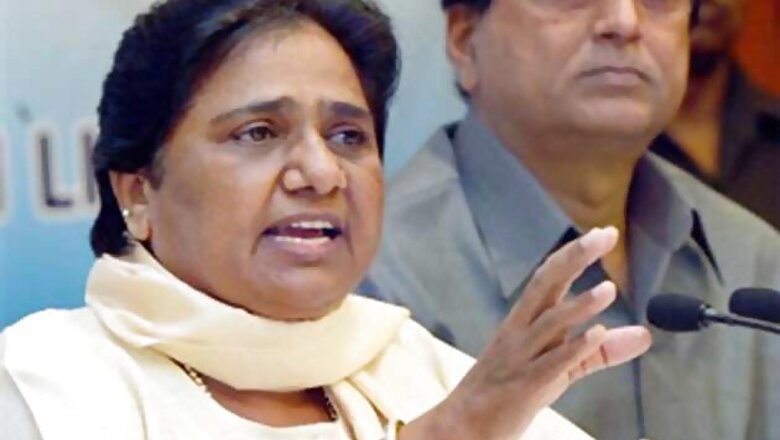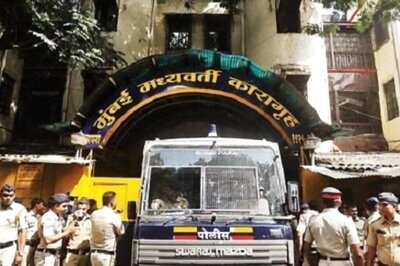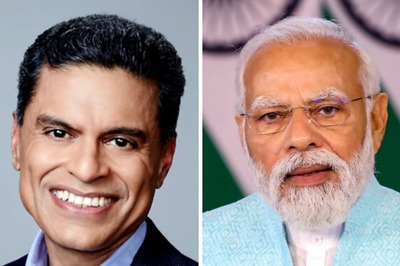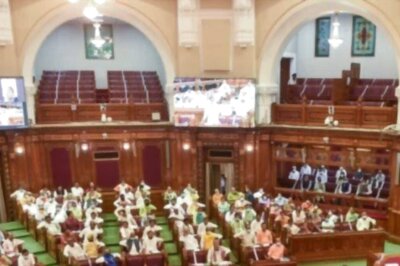
views
What explains the total decimation strong regional parties like Bahujan Samaj Party (BSP), Samajwadi Party (SP), Rashtriya Janata Dal (RJD), Rashtriya Lok Dal (RLD), Indian National Lok Dal (INLD) etc in this election? These parties blame the Narendra Modi wave for their rout while the BJP claims that it is the beginning of the end of regional party politics in India.
But, the reality speaks of a different situation. Not all regional parties have been decimated by the Modi wave. On the contrary regional parties like the TMC in West Bengal, AIADMK in Tamil Nadu, TRS in Telangana, TDP and YSR Congress Party in Andhra Pradesh have emerged much stronger in the election.
It explains one thing. The regional parties like SP and BSP have always practiced only caste and religion based politics. They had been successful in polarizing the voters on these lines for their own benefit.
It was working very well for them till the Modi wave uprooted all of them together.
The people who backed the politics of SP and BSP type seem to have realized that it is not taking them anywhere. They voted for Modi sending their leaders to doghouse.
It proves that the people are no longer interested in just caste or religion based politics. The prospects of real development is more important and attractive than dry words like 'secularism' and 'assertion of caste identity'. They no longer want to wear the caste badge on their sleeves and miss the development bus.
Other caste based parties like Lalu Prasad Yadav's RJD, Ajit Singh's RLD, Chautala family's INLD, Deve Gowda's JDS and Dr. Ramdoss' PMK have also been routed for the same reason.
Even the JDU which mixes caste with 'development' has also paid a huge price in this election. The JDS which is pre-dominantly a Vokkaliga party has also been routed in Karnataka.
However, the regional parties, which are based on strong regional identities and not on caste or religion, have emerged stronger in their respective states. They prevented both BJP and Congress from winning in their states.
AIADMK, TRS, BJD and TMC together have won 101 Lok Sabha seats on their own. If we add TDP and YSRCP figures, it will cross 125 Lok Sabha seats. TDP is an alliance partner of the BJP.
Then, what explains their success? These regional parties are not caste based parties. Their core strength is strong regional identity. The AIADMK practices a Dravida or Tamil identity politics. Its Supremo J Jayalalithaa has cleverly mixed development with Tamil identity politics.
Same is the case with TRS, TDP and YSRCP. Even though, a particular caste controls these parties, they are not being seen as only caste or communal parties like SP or BSP or RJD. They talk of development and try to take everyone along.
Both the BJD in Odisha and TMC in West Bengal also have a strong regional identity. They are primarily an Oriya or a Bengali party and have risen above caste politics.
The moral of the story is - there is still a strong support for the regional parties with strong regional identities and no backing for the parties like SP or BSP, which practice only caste or communal politics at the cost of development.
Will this election result be the beginning of the end of regional parties with caste and communal identities? The answer is yes, it looks like that.




















Comments
0 comment